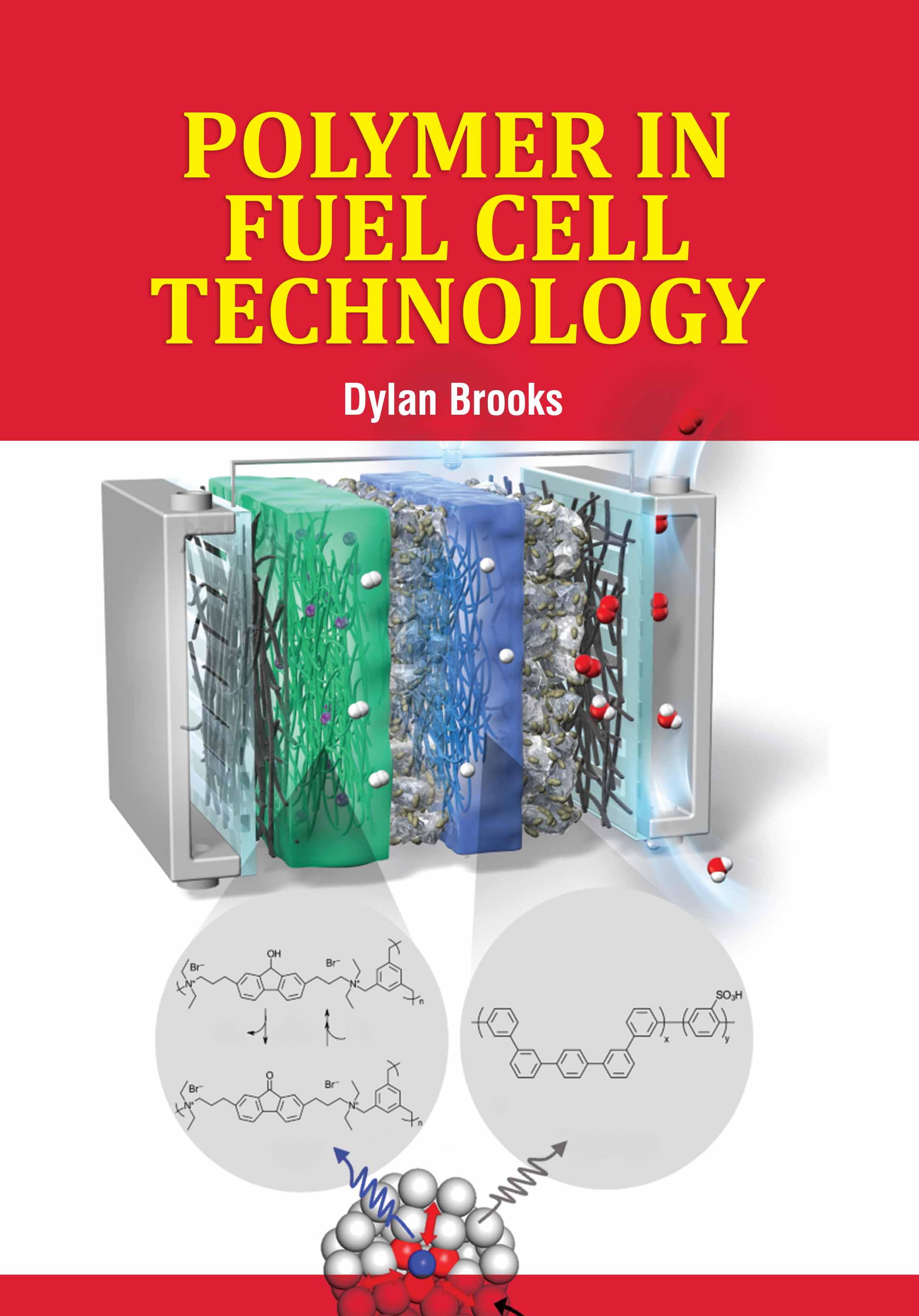About This Book
Biochemistry and biotechnology are rapidly advancing fields that rely heavily on practical laboratory
techniques. Fundamental laboratory approaches form the backbone of scientific exploration, enabling
researchers to investigate the structure, function, and interactions of biological molecules. These
approaches combine classical biochemical methods with modern biotechnological tools to analyze
proteins, DNA, RNA, and other biomolecules. Core laboratory techniques include spectrophotometry,
chromatography, electrophoresis, and centrifugation. Spectrophotometry is essential for measuring
concentrations of biomolecules based on light absorption. Chromatography helps in the separation and
purification of complex mixtures, while electrophoresis enables the analysis of nucleic acids and proteins
by size and charge. Centrifugation is used to isolate cellular components and macromolecules based on
density. Modern biotechnology also incorporates molecular biology techniques such as PCR
(polymerase chain reaction), gene cloning, DNA sequencing, and recombinant DNA technology. These
methods allow manipulation and amplification of genetic material for research and applied purposes.
Safety, accuracy, and documentation are critical in all laboratory practices. Mastery of these techniques
equips students and researchers with the skills necessary to contribute to developments in medicine,
agriculture, environmental science, and industrial biotechnology. Ultimately, a strong foundation in
laboratory approaches is essential for innovation and discovery in the life sciences. Fundamental
Laboratory Approaches for Biochemistry and Biotechnology provides a comprehensive guide to
essential experimental techniques used in modern biological research.
Contents: 1. Buffer Preparation and pH Measurement Techniques, 2. Biotechnology Techniques,
3. Measuring Effectiveness of Forensic DNA Analysis, 4. Methods and Protocols of Electron Microscopy in
Molecular Biology, 5. Atomic Force Microscopy: Instrumentation and Functional Design, 6. Experimental
Procedures, 7. Microorganism Identification and Examination Methods, 8. DNA as the Blueprint of
Genetic Information, 9. Medical Microbiology and its Role in Antidiabetic Drug Development.

